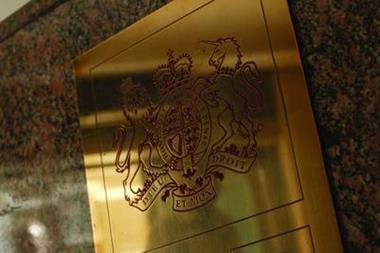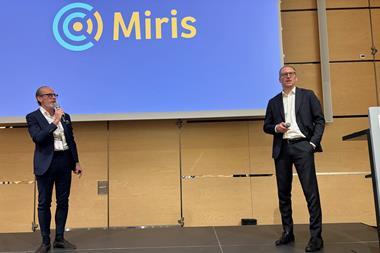Illegal business practices are still being employed to secure or retain business, says Ernst & Young
Illegal business practices, such as bribery, are still being used by organisations to secure or retain business, despite the rise in international anti-corruption legislation and law enforcement, according to a new survey from Ernst & Young.
The survey, which interviewed 1186 business leaders in large organisations across 33 countries, showed that almost a quarter of respondents (23%) admitted their organisation had been approached to pay a bribe in order to retain or win business in the last two years. While 18% said they had lost business to a competitor as a result of them paying a bribe.
UK businesses still not doing enough to understand the risks
Although the UK experiences of illegal business practices are lower than the global average, bribery and corruption still plays a role in the conduct of business.
13% of all UK respondents said that their organisation had experienced at least one incident of bribery or corruption in the last two years, compared to 6% in Germany and 6% in France. The global average was 24% – highlighting the increased risks of doing business outside Western Europe.
11% of UK respondents admitted that their organisation had been asked to pay a bribe to retain or win business in the last two years, compared with 16% in Germany and 10% in France. 6% of UK and French respondents and 4% of German went on to say they had lost out on business to a competitor that had paid a bribe.
John Smart, UK head of fraud investigation and dispute services at Ernst & Young, said that in the current environment business leaders and board members face daunting challenges around their compliance obligations. ‘Recommendations of best practice in anti bribery compliance will require companies to take a much more comprehensive view of the way bribery and corruption affects their business.’
However, Smart said that although companies recognise the risks of corruption and are doing more to combat it – more than half of respondents are increasing training on the subject – knowledge of relevant anti-corruption legislation remains patchy, undermining compliance efforts.
High profile investigations into corrupt practices have dominated the headlines in the past two years, as the US authorities’ have taken a more aggressive and extra-territorial approach to enforcing the Foreign Corrupt Practices Act (FCPA). Yet a staggering 84% of all respondents claimed to know little to nothing about the FCPA, compared with 66% in the UK.
‘It is worryingly clear from the survey that companies subject to anti bribery legislation do not fully understand the details of their requirements,’ Smart commented.
David Stulb, global leader of fraud investigation and dispute services for Ernst & Young said: ‘Compliance is certainly not just a matter for SEC registrants or US nationals. Companies and their boards that do not consider their corporate and individual vulnerability to FCPA enforcement are taking unnecessary risks,’ he says.
Ethical behaviour not just about staying on the right side of the law
Smart concluded: ‘Despite the best efforts of some governments, non-governmental organisations and law enforcement agencies, the risk of bribery and corruption remains prevalent. Awareness, education and control are the most effective methods for dealing with corrupt financial practices. Promoting ethical behaviour in your organisation – making a difference – is not just about staying on the right side of the law. It’s good business.’





















No comments yet